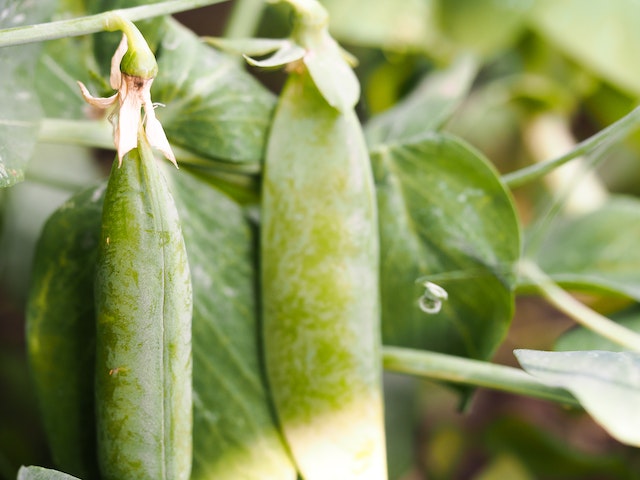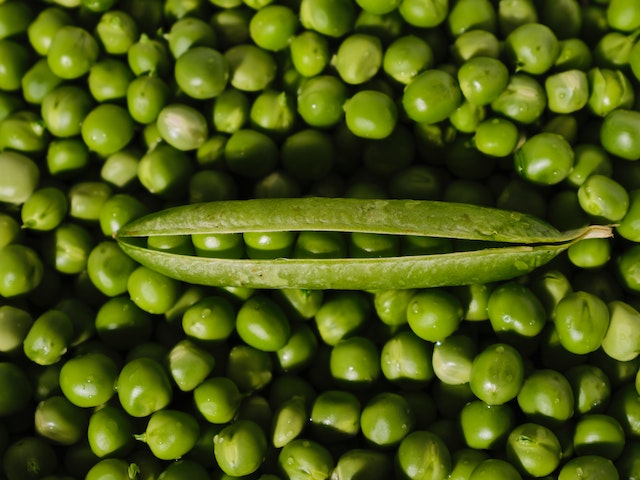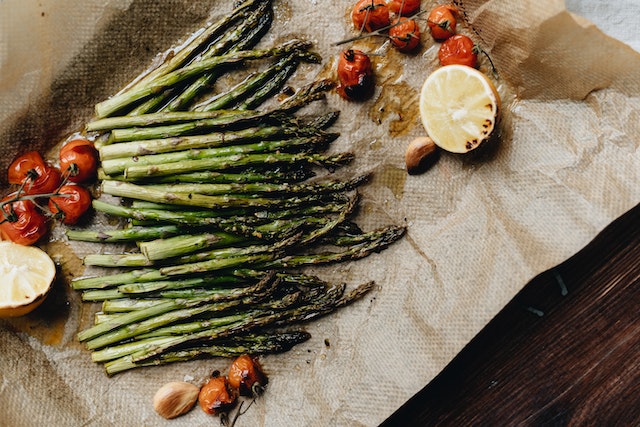Fresh veggies are the gold standard of every diet, but not everyone has the time or money to purchase farm-to-table produce. Frozen and canned vegetables are a convenience that most families can't pass up but is there a difference in the nutritional value, environmental impact, and overall taste of the different preservation styles, and if so, which is better for you and your family?
Nutritional Comparison

In general, frozen vegetables are nutritionally better than most canned varieties. In fact, flash-frozen veggies may retain more nutritional value than fresh ones shipped across the country to stock grocery store shelves.
Producers freeze vegetables at their nutritional peak, preserving the produce for the consumer. Often, fresh produce is picked before its peak and allowed to ripen in transport, costing some of the nutritional content.
Canned veggies lose more nutritional content than fresh and frozen because of the manufacturing process. The canning process requires companies to cook the veggies to kill and prevent bacteria. Unfortunately, the cooking also strips some nutritional value.
Also, many canned varieties include added salt and preservatives to ensure a longer shelf life. Higher sodium content can negate the benefits of the produce.
Environmental Impact

Getting vegetables from the farm to your table takes a fair bit of energy, creating environmental concerns about how and what people eat. You may look at canned goods and assume they are worse for the environment than frozen, but the truth may surprise you.
The canning process is extensive. First, a company creates the can. Then, they cook and seal the veggies with a bit of water. Next, trucks loaded with hundreds of pounds of canned produce make their way across the country to various stores. The energy used is extensive, and it is fair to assume canning is more harmful than freezing.
Frozen veggies still require the creation of packaging, but the process is not as intensive as canning. Also, because the packing process doesn't involve additional water and metal, companies can ship more items in fewer trucks. Still, freezing requires a continuous supply of energy, which is also harmful to the environment. Also, plastic packaging is not always recyclable, but most cans are.
Each method has an environmental impact; when compared, each is relatively even with the other. Both processes contribute to environmental problems from distribution and manufacturing, but neither squeaks out significantly better than the other.
Convenience and Taste

Both frozen and canned vegetables are convenient and taste good. Discerning between which tastes better or is more convenient is primarily a matter of preference.
Canned veggies are often stored with preservatives, like added salt. Also, they lose vital nutrients during the canning process. Also, some people believe canned veggies have a salty and artificial taste. You can look for canned goods with no added salt.
Frozen veggies are flash-frozen at peak times to ensure the most nutritional benefit. They also taste the most like fresh veggies because they do not contain extra elements to prolong shelf life. Still, frozen veggies use a lot of energy during production and storage.
Choosing between frozen or canned veggies comes down to personal preference. Both are convenient and neither is significantly worse for the environment. That said, frozen veggies may hold a slight nutritional advantage.
